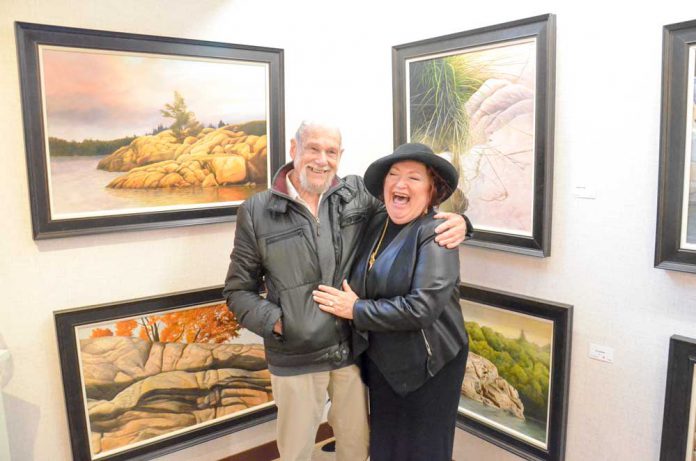EDITOR’S NOTE: From now until June 6, the day before the Ontario election, this newspaper will pose questions––meaningful to the people of Manitoulin Island––to the six candidates in the riding of Algoma-Manitoulin. Their responses will follow each and every week on Page 3 of this newspaper.
For First Nations leadership and community membership, the interpretation of treaties made between the Crown and the original inhabitants of this region in 1836, 1850 and 1862 is an ongoing and abiding process.
For economic reasons, and to ensure the treaty terms are properly met, First Nations communities want the lands that they were guaranteed at the times these agreements were signed.
If your party is successful in forming a provincial government following the June 7 election, what priority will it give to these negotiations?
What priority will it give to seeing them resolved as quickly as possible?
What steps will it put in place to ensure this happens?
Justin Tilson, Green Party
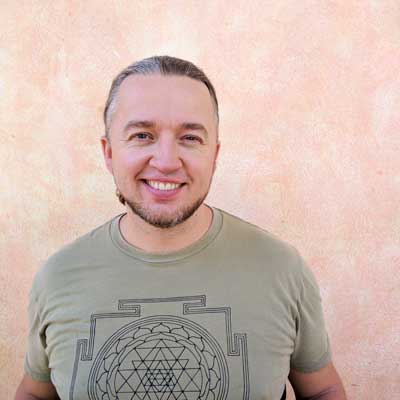
The spirit and intent of the treaties, starting with the Silver Chain covenant at Niagara 1764 (as a compliment to the Royal Proclamation of 1763) means that the Crown agreed to ensure that First Nations would thrive ‘long as the sun shines upon the earth, as long as the waters flow, and as long as the grass grows green.’ The province is a Crown body, and Canada’s 1867 Constitution ‘division of powers’ that has frustrated First Nations communities ever since is not, in my opinion, just. That all portfolios governing our day-to-day life, from education to energy, are provincial jurisdiction, while “Indians and land reserved for Indians” was put under federal jurisdiction is clearly racist policy and must end today.
Equally with the federal government, the province also has a moral and fiduciary responsibility to see that the spirit and intent of the treaties are honored. This means honoring Traditional Knowledge in court proceedings and out-of-court negotiations. This means revenue-sharing in provincial tax revenues from resource extraction, including reparations for past incomes in the 1850 Robinson-Huron treaty lands. This means embedding First Nations communities, not just chiefs, in the entire process of current and proposed resource extractions and infrastructure developments on crown lands because these lands are also traditional territories for the Anishinabeg and other First Nations. This means honoring the fact that First Nations never relinquished sovereignty over themselves. First Nations, particularly the Anishinaabe of M’nidoo Mnissing, are leaders within Canada in revitalizing their culture after the centuries of assimilation tactics such as residential schools. They are leaders in asserting self government in their own communities, and in retrieving and honoring their traditional knowledge, so that the original spirit and intent of those treaties can be known and shared.
Only a Green government is prepared to partner with the Anishinaabeg and other First Nations in a truly nation-to-nation dialogue. Only the Green Party relishes a future in which provincial-First Nation partnerships around housing, water, policing, education, energy, health services, roads, rail (all the ‘provincial’ jurisdictions) are cooperative ventures we all benefit from.
Closer to home, Wiikwemkoong is currently in negotiations with the two levels of government, particularly the province, to finalize their terms after the Manitoulin Land Claim (that was based on the two Manitoulin ‘Treaties’ of 1836 and 1863). Deliberations are underway to decide whether the islands, a portion of the islands, monies in exchange for privately owned lands on the contested islands, or parcels of crown land adjacent to Point Grondine are part of the final settlement. As MPP of Algoma Manitoulin, Justin Tilson will ensure the outcomes are amicable to all parties, and are finalized within his first tenure as MPP.
Jib Turner, Progressive Conservative Party
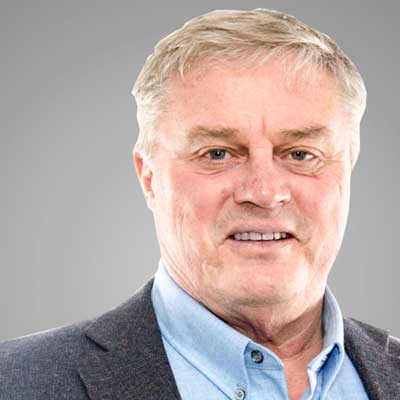
First, I would like to recognize that Algoma-Manitoulin sits on Indigenous lands. Growing up on Manitoulin, I have become very aware of the struggles our Indigenous peoples face. The Wynne Liberals have treated Northern Ontario as a ‘no man’s land,’ and our Indigenous communities have been left behind. That is not right and is utterly unacceptable.
It has been all talk by the Liberals and very little action.
They speak of Indigenous consultation, but rarely Indigenous involvement. They waited until the week before the election was called to take any action. It’s time for a real, meaningful change.
Unlike the Liberals, an Ontario PC government will deliver genuine change for Indigenous peoples.
This is because we are willing to listen and learn—-and then actually do something about those issues. I look forward to meeting with community members all over Algoma-Manitoulin and would make sure I visit those in all parts of our riding on a consistent basis.
While treaty negotiations, such as those in the question, are primarily federal, I along with the Ontario PCs are committed to working closely with Indigenous communities. The Liberals have been discussing a revenue sharing arrangement since 2007, however, have never put in place a final arrangement province-wide.
The Ontario PC Party will deliver help by establishing resource revenue sharing from mining, forestry and aggregates. This will help Indigenous communities share in the benefits of resource development; with more jobs and the health benefits that follow. We will give a portion of provincial revenues collected from aggregate licences, stumpage fees and the mining tax to the local host northern and Indigenous community. This, along with properly addressing the social and drug issues in our communities, will have real impact.
Clearly, an Ontario PC government will further advance Indigenous communities, as their negotiations with the federal government continue, more than any other party. We aren’t all talk. We are action. And we are here to help.
Let’s make Indigenous issues a priority, and deliver real help. Let’s make the lives of our Indigenous peoples better.
On June 7, I look forward to your confidence in voting for myself, Jib Turner, so that we can get to work and make Algoma-Manitoulin boom!
Tommy Lee, Northern Ontario Party
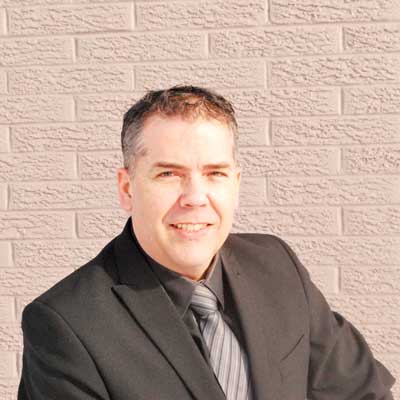
Thank you for posing this question. I have been struggling all week with trying to come up with an articulate and relevant answer to this one and here am trying to put my thoughts into words in the last hour before the deadline. Even while driving through Manitouwadge and Hornepayne it has been constantly on my mind. I have consulted individuals from within our party and from outside our party, both Indigenous and non-Indigenous, and I still struggled to find the right words. I also struggled since most First Nations treaty issues are Nation to Nation issues and are more geared to negotiation with the federal government.
The Northern Ontario Party claims to be a party who represents ALL Northern Ontarians. So, how can I as the president of this party, ensure that we do in fact represent ALL Northern Ontarians including our Indigenous brothers and sisters? There is no clear answer to that. What I can ensure is that I will do everything in my power (as party president) to ensure that our policies do not alienate any particular segment of Northern Ontarians. Saying that, our party believes that we are ALL Northern Ontarians. Every one of us has that in common. Whether we are or are not a visible minority, speak a different language, come from a different background, have a disability, believe in a different religion, or have a different sexual orientation, we are ALL Northern Ontarians.
Specific policies and legislation concerning one certain group and not another are divisive in nature and do not serve to bring people together but rather to further separate them. We don’t need legislation targeting “anti-Muslims” or “anti-gays”…no, we simply need to teach certain morons to treat people how you yourself would like to be treated.
As a regional party running 10 candidates across Northern Ontario I cannot and will not tell you what our party will do concerning Indigenous issues if we form the government, because we simply cannot form the government. That does not mean for a second that we are not the best solution for Northern Ontario. If elected, our MPPs, and myself, will support ALL Northern Ontarians equally. Certainly not one group over and above another.
Kalena Mallon- Ferguson, Libertarian Party

Canada’s land reserve system and the policies that encourage First Nations to live separately from mainstream society only causes further societal dysfunction. The evidence for this is overwhelming.
The Indian Act needs to be ended; all the departments and the entire Ministry of Aboriginal Affairs needs to be dismantled and any special treatment to aboriginals needs to be phased out. A settlement must be made regarding any land claims.
It should be plainly obvious that dependence on government support and control has failed miserably. Too many First Nations people are suffering. The only way high quality services can be delivered to First Nations peoples, so that they equal access in education, job skills etc. is to tell them to voluntarily move off of reserves.
Most acts that cover Native issues are federal acts. Our counterparts on a federal level, the Libertarian Party of Canada, recognizes the right of First Nations, Metis and Inuit peoples to meaningful autonomy and jurisdiction over their territories. This jurisdiction includes natural resources, mining rights, local economic affairs and community membership.
The Libertarian Party would: replace the Indian Act with a blanket guarantee of sovereignty for all indigenous groups; end all federal restrictions and obligations on indigenous territories; streamline the land claim process; and find and eliminate systemic discrimination against indigenous peoples.
Charles Fox, Liberal Party
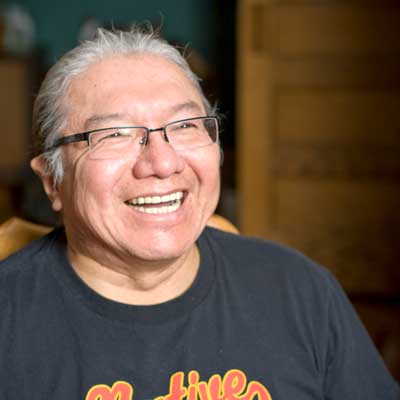
In 2008, the Ontario Liberal Party was the first party to establish a designated Ministry of Aboriginal Affairs, now Ministry of Indigenous Relations and Reconciliation. Within this Ministry there is a designated negotiations division.
The Liberals are committed to working in partnership with First Nations and other Indigenous partners to ensure that our treaty relationship is a modern and mutually beneficial one.
For this reason, the Liberal government has committed to a Treaty Strategy that: promotes public awareness on treaties; facilitates constructive engagement on treaties; revitalizes treaty relationships; and promotes improved socio-economic outcomes for Indigenous peoples.
The Liberals worked with Indigenous and other partners to revise the provincial curriculum to include Indigenous cultures and histories—a very crucial step in increasing public awareness of the importance of treaties in Ontario. This is a means of recognizing the history and contributions of Indigenous partners in Ontario through the education system.
In 2016, the Liberal government also passed legislation proclaiming the first full week of November of every year as Treaties Recognition Week. Establishing Treaties Recognition Week is part of the strategy to revitalize the treaty relationship and to pursue reconciliation of its relationship with First Nations through mutually respectful dialogue and action.
The Liberals are currently the only party with a fully costed, realistic plan—including platforms for Northern Ontario and reconciliation. We still don’t know what Doug Ford’s Conservative platform is and the NDP platform is full of holes and mistakes.
As you will find in our platform, since electing the Liberals in 2014, the Ontario Liberal government has taken steps to address and make amends for the systemic, intergenerational injustices suffered by Indigenous communities. It has offered an official apology for Ontario’s role in the Indian Residential School system and made a $250 million commitment to reconciliation through The Journey Together: Ontario’s Commitment to Reconciliation with Indigenous Peoples.
As I have said before, I have spent my life fighting to create more opportunities for our communities and building bridges between Indigenous and non-Indigenous people. I’m determined to stand up for decades of hard work and real progress. Only Ontario Liberals will respect our right to self-government and keep essential services that northerners rely on.
We know that there is still work to be done. Indigenous people in Ontario continue to face racism, violence and lack of access to health care, education and economic opportunity. The Liberals are committed to working together with all indigenous partners to ensure we continue along this path of mutually respectful dialogue and action.
Michael Mantha, New Democratic Party

It has been nearly three years since the Truth and Reconciliation Commission delivered its report, including its 94 calls to action to heal the relationship between Canada and Indigenous peoples. Yet First Nations, Inuit and Métis peoples in Ontario continue to face systemic barriers to basic rights enjoyed by all other residents of the province—boiling water advisories, unsafe housing, gendered violence, unfair treatment by the justice system and more. Reconciliation demands a lot more than ceremonies and symbolic gestures. It demands good faith—and it demands action.
Andrea Horwath and the Ontario NDP are committed to meaningful dialogue when it comes to negotiations between First Nations and the Crown around lands. The NDP believes that we need appropriate consultation and a clearer time frame and framework that brings Indigenous leadership, the federal government and the provincial government at the table with all the information needed for meaningful discussions. We need to commit to a good and clear process because up to now, it seems like only lawyers are benefiting from the process we have today.
As NDP critic for Indigenous Relations and Reconciliation, I know things are complicated. That is why we need to have open, honest dialogue and commit to working in collaboration to ensure outcomes that don’t leave anyone behind.
I am proud to say that the last Ontario NDP government reached historic accords with First Nations, setting out the principle that the province and First Nations would work together to ensure that the interests and treaty rights of First Nations were respected. We will build on successes and learn from our shared experiences.
Andrea Horwath and the NDP will work with Ontario’s First Nations in a true government-to-government relationship. We will build on the successes that Ontario’s last NDP government had working with First Nations, building a contemporary relationship. We will act upon on the Truth and Reconciliation Commission’s recommendations, setting priorities in consultation with First Nations and others, with a desire to move first on the recommendations related specifically to provincial jurisdiction. We will work with Indigenous leaders on an appropriate replacement for the Far North Act. We will work to establish new, stable revenue sources for First Nations, such as through mining royalties.
An NDP government will replace the Far North Act and invest $209 million immediately in the First Nations Health Action Plan. We will also invest $28 million for urgent repairs and capital upgrades at Friendship Centres, plus an ongoing investment of $91 million over six years into 28 Friendship Centres and exempt First Nations communities from electricity delivery charges.
I always tell people we are all products of treaties. They are the founding agreements of partnership between Indigenous Peoples and settlers.
Reconciliation is a priority for me and a priority for the NDP. Together we can make Change for Better happen for all communities.



